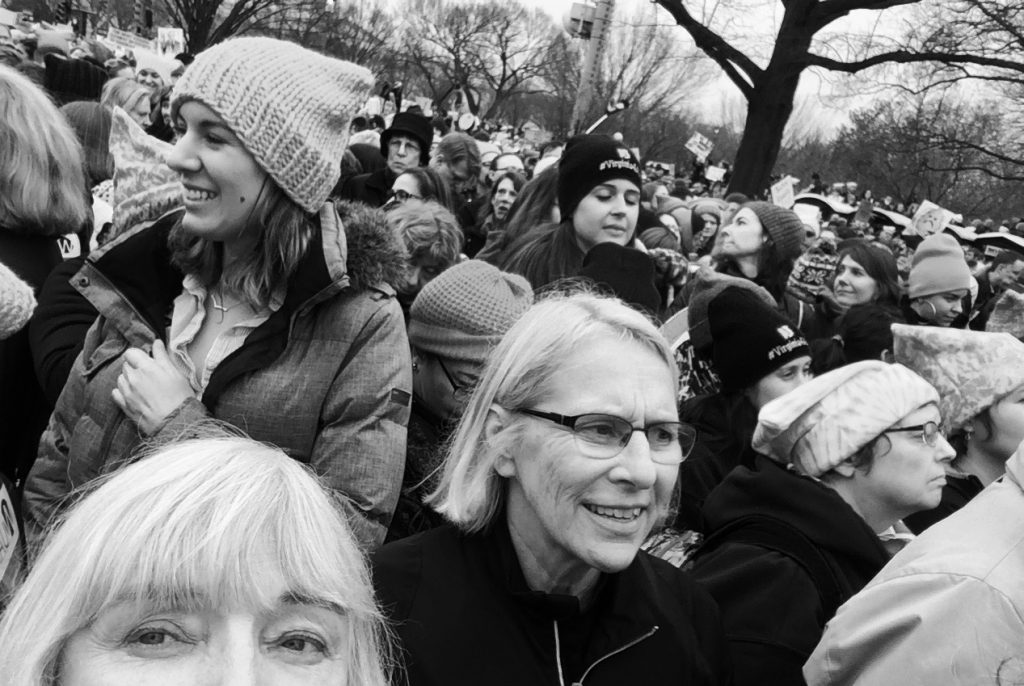October 3, 2017
They were just there for the music.
On Sunday morning, the first day of October, I went to church. And we sang. We sang “There’s a river flowin’ in my soul” and later “Blue Boat Home.” The children’s choir, lined up on the edge of the platform, sang “It’s Possible” from Seussical the musical.
And the congregation sang “This little light of mine” as the children and teachers left for their classes. I went, too. In my third grade class, we sang “Swimming to the Other Side,” with its wonderful chorus, “we’re all living neath the Great Big Dipper, we’re all washed by the very same rain.” Music unites us, music binds us in community.
And much later on that first day of October, that night after the children were home and in their beds, and I was home asleep in my bed, far across the country in a city that glittered and sparkled with lights at nights, while guitars played and the crowd applauded, a gunman high in a hotel that shimmered like gold in the night aimed his weapons from a broken window and fired at the crowd. Over and over. And the music stopped.
Now I look in my newspaper at the faces of the dead, who were just there for the music and who now are gone, and my heart aches. But I think we must start singing again, and marching, and making changes in this country.
http://https://www.youtube.com/watch?v=FMCyYgVDERY
